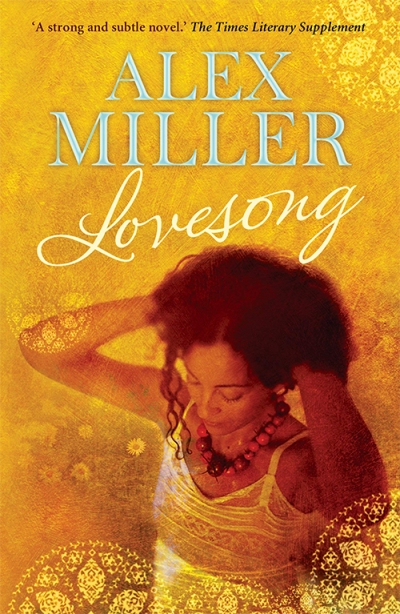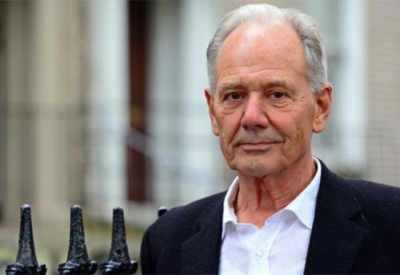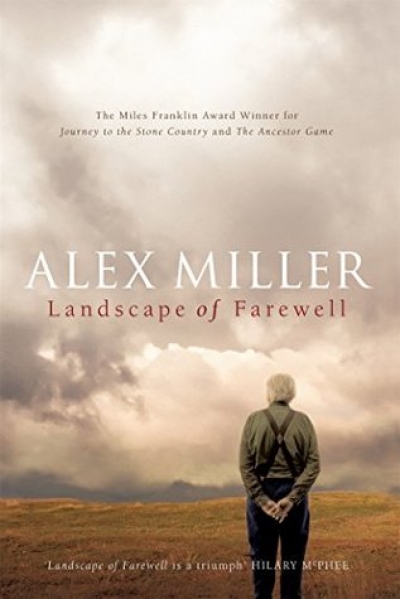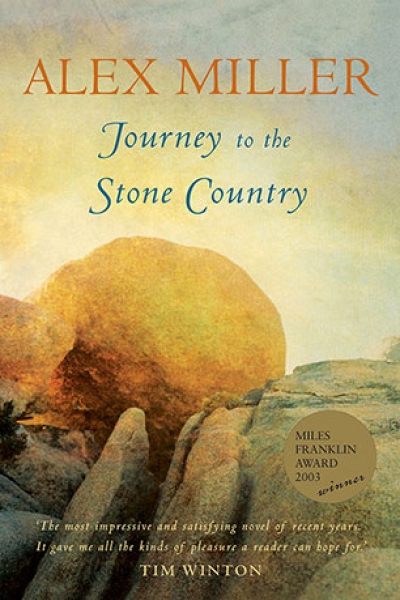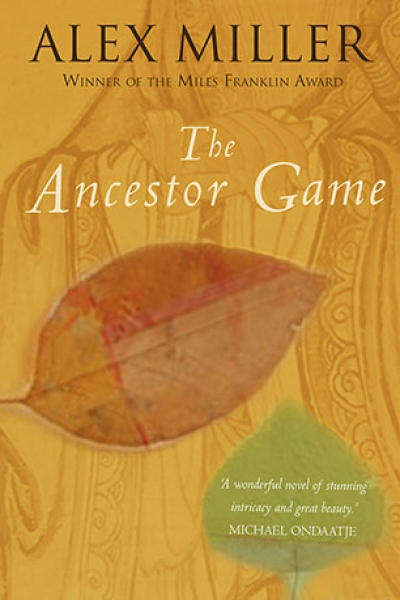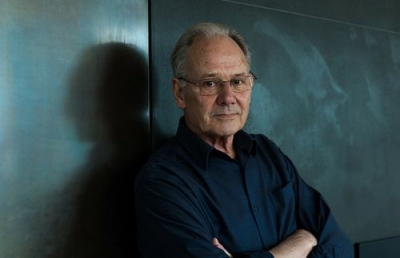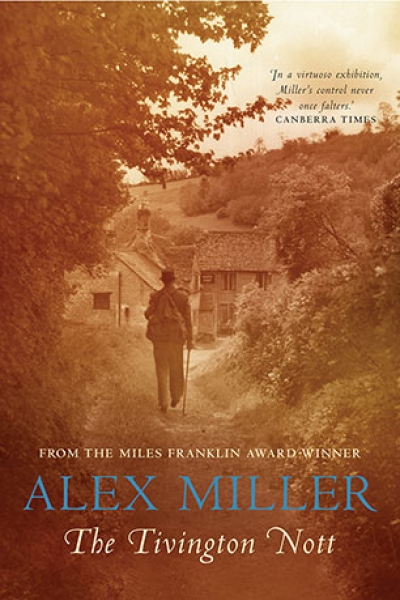Alex Miller
At the moment, my hero is Rimbaud’s self in his Les Illuminations. Who knows who it will be tomorrow? And my heroine? Always Lo.
... (read more)Helen Daniel: I find The Sitters very different from The Ancestor Game, which seems to me much more elaborate and complex. This new novel, which is about absence and silence, is an occasion of great economy and restraint.
Alex Miller: I think a couple of times in the book I actually say the story is my secret. In other words, I’m not going to tell you the story, I’m going to leave that out. Having left the story out, this is what’s left, which is always a kind of aim with me, and I think with any writer probably, to try to do as much as possible with as little. To leave it all out.
... (read more)Alex Miller was recently awarded the Braille Book of the Year Award for his novel The Tivington Nott. When he accepted this award, he spoke of the archaeology of writing and how he sees his work as being like a buried city, waiting to be excavated. This is an edited extract from his speech.
Writers and readers, it seems to me, are often driven by a need to confess. Everything. Not just sins. But the lot. To confess in the original secular sense of this word; to utter, to declare (ourselves, that is), to disclose and uncover what lies hidden within us. If I’d not been a writer, I used to think I’d like to have been an archaeologist. It’s only recently I’ve located the connection between writing fiction and archaeology. Historians and biographers are probably just as confessional in their work as writers of declared fictions. But they are undoubtedly able to more easily disguise this because they are accountable to the objective – to outcrops of unrelocatable facts along the way, that is.
... (read more)Writers and readers, it seems to me, are often driven by a need to confess. Everything. Not just sins. But the lot. To confess in the original secular sense of this word; to utter, to declare (ourselves, that is), to disclose and uncover what lies hidden within us. If I’d not been a writer, I used to think I’d like to have been an archaeologist. It’s only recently I’ve located the connection between writing fiction and archaeology. Historians and biographers are probably just as confessional in their work as writers of declared fictions. But they are undoubtedly able to more easily disguise this because they are accountable to the objective – to outcrops of unrelocatable facts along the way, that is.
... (read more)
